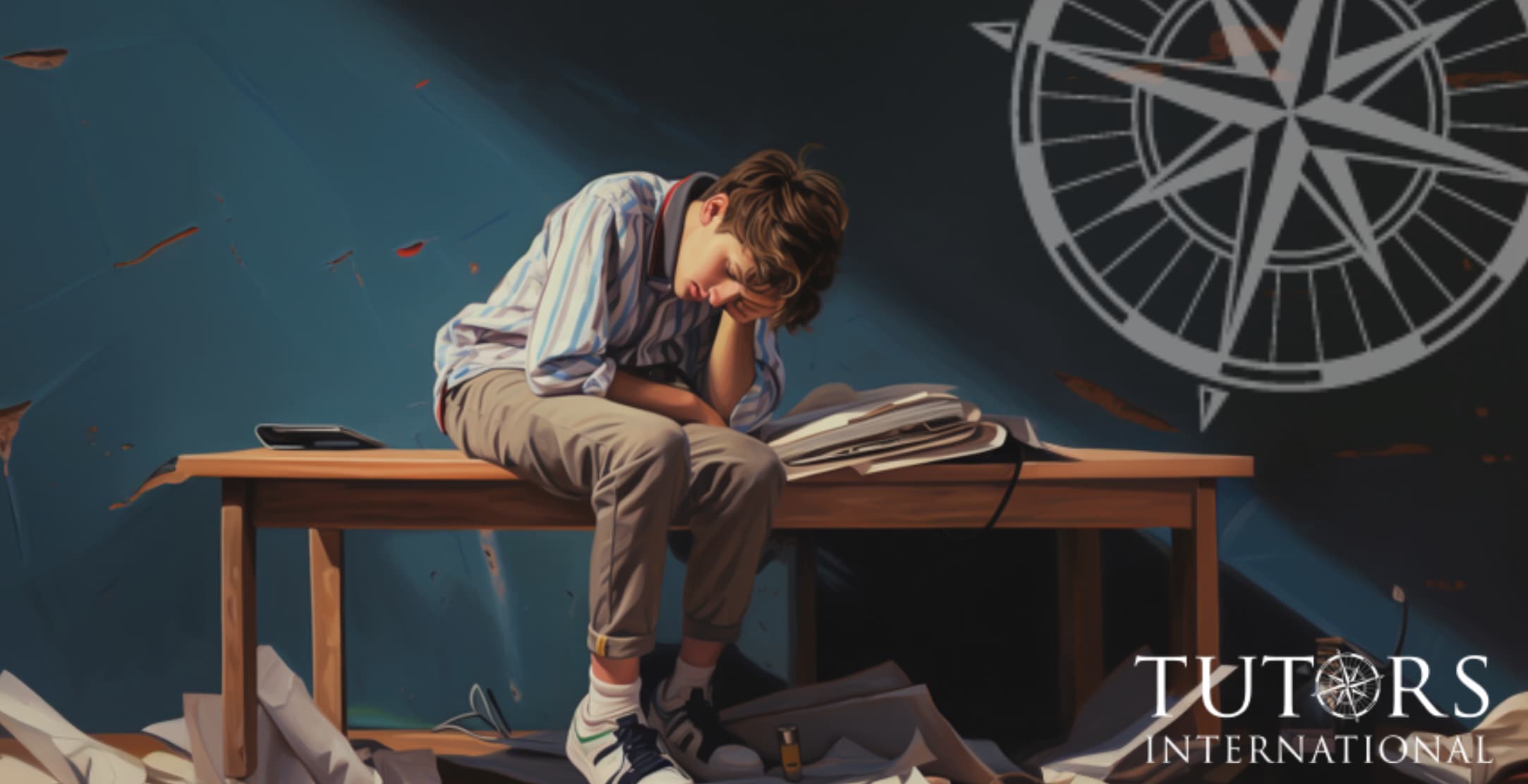At Tutors International, we've always considered education a thrilling expedition – an intellectual pursuit that should be as compelling as any narrative and gripping as any game. When Adam Caller, our CEO, recently illuminated the issue of 'childhood burnout' brought about by excessive, poorly designed homework, he brought our attention back to a fundamental tenet of this expedition: the challenge should evolve to meet the learner, not remain stationary.
Consider your favourite game, be it an intricate RPG, a strategic board game, or a casual smartphone app. It draws you in because it develops with you. As you grasp its mechanics, comprehend its strategies, and master its complexities, the game becomes more demanding. It acknowledges your progression and spurs you to push beyond to achieve more. This feedback loop of learning and challenge is what keeps us engrossed.
Let's reflect on homework in most educational systems. It often feels like playing a dull game that never raises the stakes. The monotony of repetitive, unstimulating tasks doesn't leave children thrilled about learning or keen for more. Instead, it cultivates a sense of drudgery, a feeling of "busy work" irrelevant to their learning journey.
Adam Caller contends, and we at Tutors International wholeheartedly concur, that this approach is deeply flawed. When utilised correctly, homework can be a potent tool to facilitate learning, evaluate teaching, and enhance understanding. But how can we accomplish this?
Firstly, homework must hold meaning, emphasising areas where repetition assists understanding. Just as a game's preliminary stages instruct you in its mechanics, early repetitions of a new skill or concept help to consolidate understanding. However, the level of complexity should escalate gradually, challenging the learner to apply their understanding in novel contexts.
Secondly, homework can serve as an effective tool for gauging teaching efficacy. In a captivating game, if a player continuously fails at a specific level, it implies an issue with the game design. Likewise, if a student repeatedly struggles with homework, it may indicate teaching or curriculum design gaps. Thus, homework should provide constructive feedback to teachers, pinpointing areas where classroom instruction can be enhanced.
Lastly, homework should be cognitively enriching. It should offer opportunities for students to delve deeper into a concept, fostering critical thinking and problem-solving skills. Just as a game eventually expects you to strategise and plan, homework should move beyond simple recall to involve higher cognitive functions.
The aim is not to heap on more work but to improve the quality of what is assigned. Homework should engage the learner, just like a game engages a player, challenging them progressively and providing opportunities for mastery and growth. This shift could transform homework from a monotonous task into a significant part of the learning journey, reducing burnout and re-igniting children's inherent love for learning.
In conclusion, as Adam fittingly articulated, "It's not about doing more but about doing better." It's time to revolutionise homework, making it a tool that helps children level up in their educational expedition, not one that holds them back. At Tutors International, we're committed to participating in this transformation.

